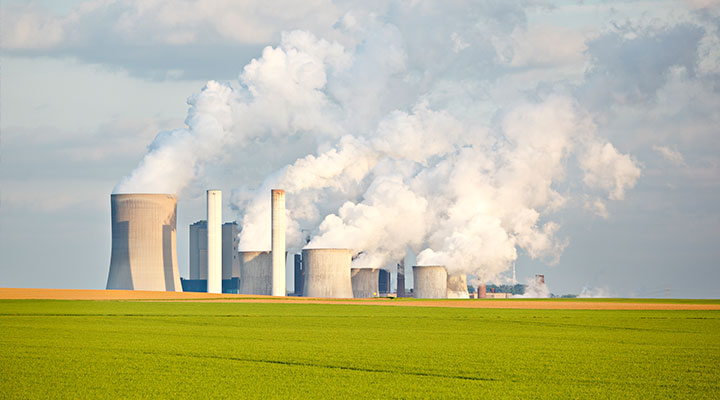
Companies hanging out their dirty green washing
Published Date : 2024-November-18, Monday
If it wasn’t so serious it would almost be amusing to watch fossil fuel-aligned corporations scramble to gain climate change cred in response to growing social, shareholder and economic pressures.
Some of these companies, which not so long ago didn’t have “net zero” or “Paris targets” in their corporate vocabularies, are now stitching together strategies and targets that appear to make them responsive to CO2 emission concerns.
With the massive, freshly approved Narrabri gas project now under its belt Santos last week released “an ambitious roadmap to net-zero emissions by 2040 and new emissions targets designed to support Australia’s commitment to the Paris Agreement, including a 26-30 per cent reduction in scope 1 and 2 emissions by 2030.”
To get there Santos will focus on “large-scale carbon capture and storage, world-leading nature-based offsets, increased use of renewables [and] energy efficiency projects”.
While the company said it has installed more than 5.5 MW of solar and 4 MWh of battery storage in its operations (it’s a start I guess), the main tool in Santos’s net zero plan will be “the real game-changer to reduce our emissions… the Moomba CCS Project”.
Anyone in the least familiar with the history of carbon capture and storage (CCS) technology knows it has proven to be a notoriously difficult, expensive and unproven abatement process. Moomba CCS trials have, the company says, proven to be successful so far, but Santos appears to be pinning a large proportion of its emissions reduction hopes on the technology.
Meanwhile Santos makes a virtue of its plans to continue selling more gas to the world, in particular Asian markets, to replace coal-fired power generation.
ASX-listed fuel supplier Viva Energy this week progressed plans for a new LNG import terminal to be built at the site of its Geelong refinery.
CEO of Viva Energy Scott Wyatt said, “We believe that natural gas will continue to play an important role in providing energy and thereby supporting the further development of lower carbon, but intermittent renewable energy generation. Our Geelong site is uniquely placed to deliver on this project, and we are very excited about this opportunity to play a role in the energy transition.”
The project is called the Geelong Energy Hub, which implies there will be other types of energy and uses a common naming convention of large hybrid, renewable energy-focussed projects.
So apart from the LNG regasification component, what is Viva Energy proposing to add to this “hub”. Well once the gas terminal project is completed there “could be” further Energy Hub projects which “could include solar, gas powered generation, hydrogen manufacturing and other renewable and lower carbon energy developments.”
That’s a fairly vague and non-committal clean energy plan as outlined by Viva and it’s clear to see what its priority is for the Geelong Energy Hub.
But it’s difficult to beat Black Mountain Oil & Gas’s blatant green-washing. The U.S.-based company controls several oil & gas exploration permits in the Canning Basin in WA’s far north which require drilling and hydraulic fracturing (fracking) to be productive.
We all know fracking is a controversial practise, so Black Mountain has set about trying to convince us it is a safe and mature technology. Fair enough. But they have gone a big step further in these efforts by introducing a new initiative called “Net Zero Natural Gas”, which is trademarked.
Black Mountain is “excited to announce that our Canning Basin project in Western Australia will be the world’s first Net-Zero Natural Gas™ development.”
To get its Net Zero message out it has produced a video which contains a collection of “energy transition/sustainability” buzzwords and motherhood statements put together with visuals which shamelessly highlight sweeping natural vistas and renewable energy technologies.
The plan is, the Black Mountain voiceover soothingly reassures us, to reduce the carbon intensity of natural gas extraction through research and innovation. However there is no further supporting information available either in the video or anywhere else that this writer can find.
The Black Mountain Net Zero Natural Gas “plan” can be found by internet search.
Keep your eyes open for other examples of green-washing as more fossil-fuelled companies are forced acknowledge and respond to climate change.

